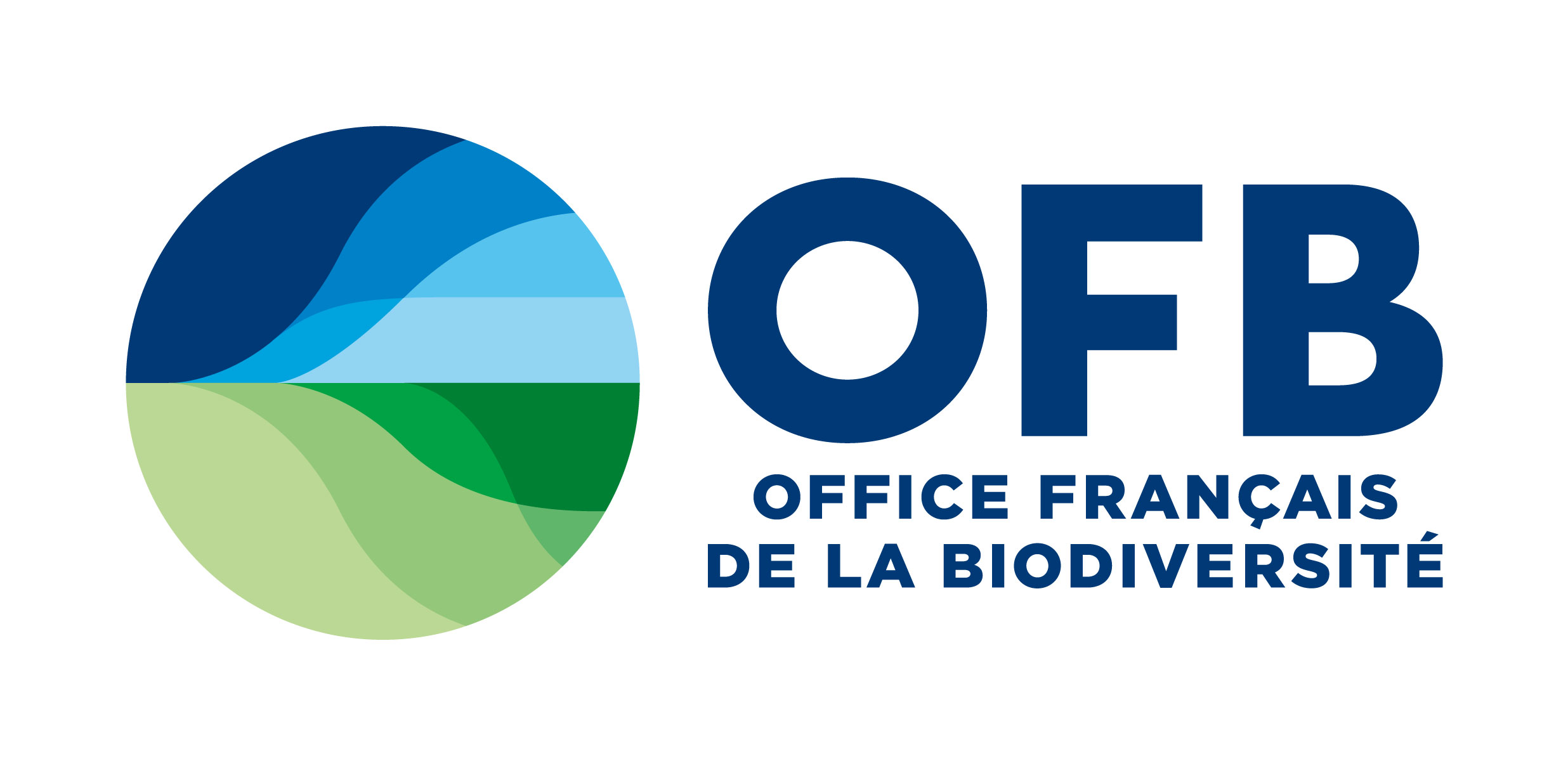Décembre, 2021
09Déc15 h 30 min17 h 00 minConférence - ICAIS 2022 host countries and aquatic invasions hotspots
Détails
Dr Léopold A.J. Nagelkerke de l’Université de Wageningen (Pays-Bas) et Tim Adriaens de l’Institut de recherche
Détails
Dr Léopold A.J. Nagelkerke de l’Université de Wageningen (Pays-Bas) et Tim Adriaens de l’Institut de recherche pour la nature et la forêt (Belgique) réaliseront deux conférences en ligne sur le contextes d’invasions en Belgique et aux Pays-Bas.
La première présentation portera principalement la gestion des poissons exotiques envahissants aux Pays-Bas, leurs interactions avec les poissons indigènes et leurs effets sur la biodiversité aquatique. La seconde présentera plusieurs exemples de gestion dans les Flandres (Nord de la Belgique), une des régions les plus urbanisées d’Europe et particulièrement sujette à l’introduction d’espèces exotiques en milieux aquatiques.
Ce webinaire est réalisé en préparation de la conférence ICAIS 2022, qui se tiendra en Belgique du 18 au 22 avril.
Inscription au webinaire : https://us06web.zoom.us/webinar/register/WN_FacbBEOvRcCnREcBjistoQ
Pour avoir plus d’informations sur ICAIS 2022 : https://icais.org/
The Low Countries as a hotspot for aquatic invasives: effects on biodiversity and ways forward
Dr. Leopold A.J. Nagelkerke PhD, Wageningen University, Aquaculture & Fisheries Group (The Netherlands)
The Low Countries are situated in the delta of a number of large western-European rivers such as the Rhine, Meuse, and Scheldt. In addition, there are many smaller streams and a myriad of lakes, ponds, canals, and ditches. Many of these water bodies are interconnected, stimulating the spread of alien species once they invade. Habitat alteration, an extensive trade in live plants and animals, and a dense human population further increase the spread and impact of invasive species. This presentation will (mostly) focus on the development of the number and occurrence of alien fish species in The Netherlands, their interactions with native fish species, and their effects on aquatic biodiversity. Management dilemmas of stimulating fish migration vs. containing the spread of invasives will be touched upon, as well as on a method for using fish morphology to indicate potential competitive interactions between native and alien species.
Stepping up the fight against aquatic invaders in Flanders (North Belgium)
Tim Adriaens, Senior Scientist, Research Institute for Nature and Forest (INBO) (Belgium)
This presentation will showcase a number of invasive species management cases from the northern part of Belgium (Flanders, 13,522 km2), one of the most urbanized regions in Europe. The region is a global invasion hotspot, with particularly high numbers and rates of biological invasions, especially in interconnected freshwater ecosystems. Shipping, aquaculture, natural dispersal and dumping of aquariums represent important introduction pathways. Aquatic and riparian macrophytes, crustaceans, semi-aquatic rodents, crayfish, invasive waterfowl, and amphibians are causing rising management costs. Many impacting aquatic invaders, such as molluscs or macro-invertebrates, are however left unmanaged. This presentation will outline the impacts and management of a range of aquatic invasive species and showcase a number of projects and initiatives in response to the European Regulation on the prevention of the introduction and spread of invasive alien species. Communities of practice where managers, policy makers, and scientists find one another, play a vital role in shaping prevention and control strategies. This presentation will show that (inter)national collaborations have been vital in addressing invasive species in the region and illustrate how open data and citizen science are crucial to ‘on the ground’ response capacity.
Plus
Horaires
(Jeudi) 15 h 30 min - 17 h 00 min



